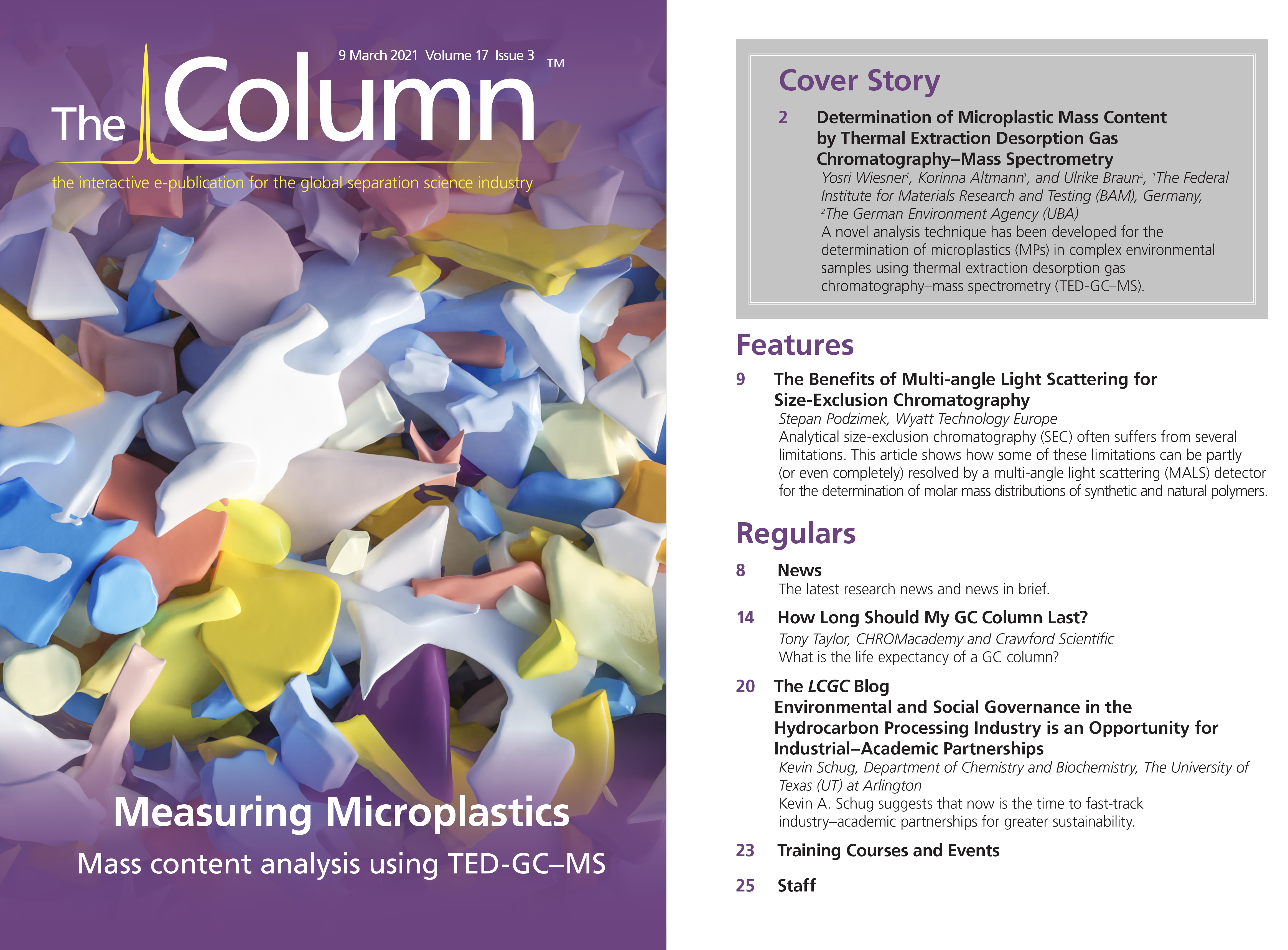ASMS Postponed
After extended discussions, the ASMS Board has decided to postpone the 2021 annual conference from June to late October. This difficult decision was made to provide the best possible opportunity to gather face-to-face in 2021. While the 2020 virtual meeting (Reboot) was a success on several fronts, the organizers recognized that many of the critical elements of the traditional annual conference were less effective in a virtual format, notably poster sessions and exhibits.
The organizers are optimistic that the postponed meeting will take place in person at the Pennsylvania Convention Center, Philadelphia, USA, and will mark a return to the annual conference that scientists expect and enjoy. The 2022 annual conference and beyond will remain in the traditional June timeframe.
The new dates for the 69th ASMS Conference on Mass Spectrometry and Allied Topics are October 31 – November 4, 2021. The short courses are October 30–31, 2021. Abstract submission will open on May 1.
For more information, please visit: www.asms.org.

Measuring Vitamin K1 Concentrations in Dogs with Chronic Enteropathy Using LC–MS/MS
May 14th 2025A joint study between the University of Tennessee (Knoxville, Tennessee) and the University of Pennsylvania School of Veterinary Medicine (Philadelphia, Pennsylvania) compared directly measured vitamin K1 (vitK1) concentrations in healthy dogs and dogs with chronic enteropathy (CE) using liquid chromatography tandem mass spectrometry (LC–MS/MS); they also investigated whether supplementation of vitK1 in dogs with CE would significantly increase vitK1 concentrations.
HPLC 2025 Preview: Fundamentally Speaking (Part 2)
May 14th 2025Michael Lämmerhofer from the Institute of Pharmaceutical Sciences, University of Tübingen, Germany, spoke to JFK Huber Lecture Award winner of 2024 Torgny Fornstedt, professor in analytical chemistry and leader of the Fundamental Separation Science Group, Karlstad University, Sweden, about his pioneering work in high performance liquid chromatography (HPLC) with a focus on fundamentals, ion-pair chromatography, and oligonucleotide applications.

.png&w=3840&q=75)

.png&w=3840&q=75)



.png&w=3840&q=75)



.png&w=3840&q=75)











